In the modern business landscape, the supply chain plays a pivotal role in determining the success and sustainability of a company. With fluctuating market demands, global competition, and complex logistics networks, businesses need innovative tools to streamline and optimize their supply chain processes. SAP Integrated Business Planning for Supply Chain (SAP IBP) is one such solution that empowers organizations to achieve seamless coordination, real-time insights, and enhanced agility across their supply chain.
Supply Chain Potential with SAP Integrated Business Planning
SAP Integrated Business Planning: An Overview
SAP IBP is a comprehensive, cloud-based solution that offers end-to-end supply chain planning capabilities. It integrates critical supply chain functions such as demand planning, supply planning, inventory optimization, and sales and operations planning (S&OP). By connecting these processes and providing real-time data, SAP IBP helps businesses enhance their efficiency, agility, and decision-making.
Key Components of SAP IBP
SAP Integrated Business Planning (IBP) offers various components that help optimize supply chain operations. Each of these components plays a vital role in managing different aspects of the supply chain and making data-driven decisions. Let’s explore the statistics and benefits related to each of these components.
SAP Supply Chain Control Tower

- Provides end to end visibility & monitoring of current and historical performance. Creates alerts for potential issues and provides collaboration tools for a perfect business network communication.
- End-to-End Visibility: According to a study by McKinsey & Company, businesses with end-to-end visibility in their supply chain are better equipped to manage risks and disruptions, resulting in improved performance.
- Real-Time Monitoring: Gartner found that companies using real-time monitoring tools can reduce supply chain disruptions by up to 70%, leading to significant improvements in customer satisfaction and operational efficiency.
SAP IBP for Response and Supply
- Manage strategic/tactical as well as operational planning. Manage allocations & confirmations as well as prioritize demand streams
- Demand Forecasting: Accurate forecasting can reduce inventory costs by up to 20%, according to Deloitte. Leveraging advanced algorithms and machine learning can help businesses better predict and respond to demand changes.
- Constrained Planning: Optimizing production schedules based on available capacity can lead to a 15-25% increase in production efficiency, as noted by a report from Boston Consulting Group.
IBP-Sales & Ops
- Addresses problems of balancing demand & supply or creating a business plan which is cross company with a single source of truth
- Cross-Company Planning: A study by PwC found that businesses with integrated sales and operations planning see a 10-15% improvement in operational performance due to better alignment and communication across departments.
- Single Source of Truth: Companies that operate with a single source of truth experience a 20% reduction in data errors, as stated by KPMG, improving decision-making accuracy.
IBP-Demand
- Create accurate forecasts or react to short-term changes in demand. Assigns fitting statistical forecasts to each product and helps with demand sensing on a short-term horizon.
- Accurate Forecasts: Accenture reports that businesses using advanced demand planning tools see a 10-20% improvement in demand forecasting accuracy, leading to better resource allocation.
- Short-Term Demand Sensing: Short-term demand sensing can result in a 30% reduction in stockouts and overstock situations, as per a study by McKinsey.
IBP-Inventory
- Determine and optimize inventory cost by buffering forecast error and demand risk.
- Inventory Optimization: According to Gartner, optimized inventory management can result in a 10-30% reduction in carrying costs while maintaining high levels of customer service.
- Buffering Forecast Errors: By buffering forecast errors and demand risk, businesses can maintain smoother operations, as noted by a report from Bain & Company.
Demand-Driven Replenishment
- Calculates the coping points, avg daily use & buffer positioning and sizing to enable material flow.
- Material Flow Optimization: Demand-driven replenishment can reduce lead times by up to 50%, as found in a study by Deloitte. This results in more efficient material flow and better responsiveness to customer demands.
- Buffer Management: Proper buffer management can reduce supply chain variability by 15-20%, according to a report by Boston Consulting Group. Integration with SAP S/4HANA
SAP IBP seamlessly integrates with SAP S/4HANA, enabling real-time data exchange between planning and execution systems. This integration ensures that plans are always aligned with actual operations and market realities. The combined capabilities of SAP IBP and S/4HANA empower businesses to operate with greater agility, respond quickly to changes, and improve overall supply chain performance.
Industry Statistics and Trends

The importance of efficient supply chain management is underscored by industry statistics and trends:
- A study by Gartner indicated that 87% of supply chain professionals view digital transformation as essential for achieving business goals.
- McKinsey & Company found that companies with resilient supply chains outperform their peers by 25% during disruptions.
- The global supply chain management market is projected to grow from $16.5 billion in 2023 to over $30 billion by 2028, according to Statista.
These statistics highlight the growing need for advanced supply chain solutions like SAP IBP to navigate the complexities of the modern marketplace.
SAP Integrated Business Planning for Supply Chain is a powerful tool that enables businesses to optimize their supply chain operations through real-time insights, scenario planning, and enhanced agility. By integrating SAP IBP with solutions such as SAP S/4HANA, organizations can create a seamless and cohesive planning and execution environment. In a rapidly changing business landscape, adopting advanced technologies like SAP IBP can be a game-changer for companies looking to stay ahead of the competition and drive sustainable growth.
